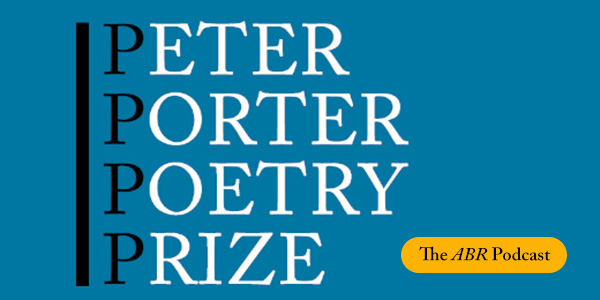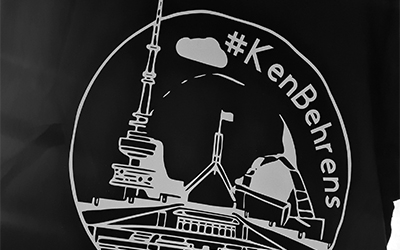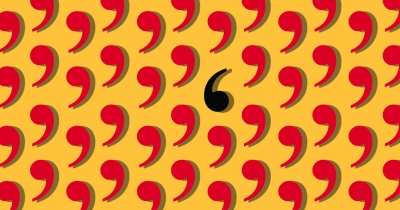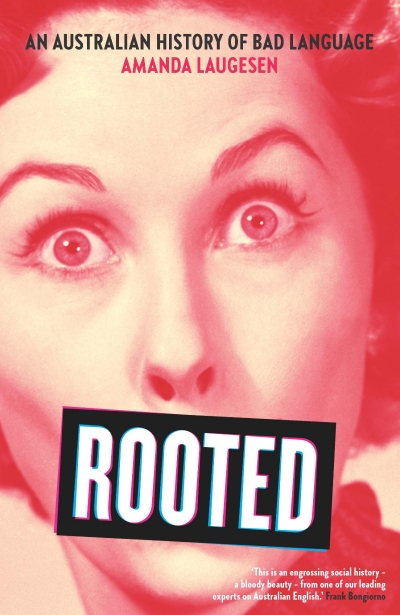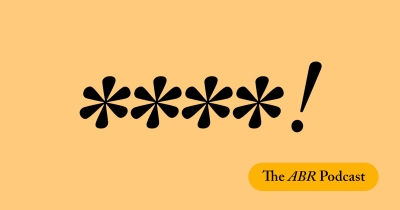Accessibility Tools
- Content scaling 100%
- Font size 100%
- Line height 100%
- Letter spacing 100%
Amanda Laugesen
The ABR Podcast
Released every Thursday, the ABR podcast features our finest reviews, poetry, fiction, interviews, and commentary.
Subscribe via iTunes, Stitcher, Google, or Spotify, or search for ‘The ABR Podcast’ on your favourite podcast app.
2025 Peter Porter Poetry Prize Shortlist
Read by the poets
This week on The ABR Podcast we feature the 2025 Peter Porter Prize shortlisted poems, as read by the five poets, published in the January-February issue of ABR.
Recent episodes:
In this week’s ABR podcast, Amanda Laugesen asks what the word ‘bogan’ says about Australian culture and society. Laugesen, who is Chief Editor of The Australian National Dictionary, explains the history of the word and its derivatives, including boganity. Listen to Amanda Laugesen’s reading ‘On Boganism’, which appears in the November 2022 issue of ABR.
... (read more)In the introduction to their excellent collection of essays, Class in Australia (2022), Jessica Gerrard and Steven Threadgold note the eclipsing of the word class in our public discourse. Other descriptive markers are more commonly used, words such as disadvantage (by scholars) and bogan (in popular culture). In my own work on the Australian English lexicon, I have been intrigued by the contemporary language of class. The words we choose to use when talking about class can tell us much about changing popular perceptions.
... (read more)Each federal election brings with it a bunch of promises, attacks, blunders, and unpredictable moments. During the recent federal election we had Anthony Albanese’s ‘gaffe’, Scott Morrison’s undercooked chicken curry, and #JoshKeeper. As usual, the intrepid (and long-suffering) lexicographers and language watchers were hard at work monitoring the language of the campaign.
... (read more)The Australian summer was once again a story of Covid. Just as things were slowly reaching a state of ‘Covid-normal’, Omicron came along to present us with new, decidedly unwelcome, challenges. Despite Omicron, our summer did not pass by without one of its most defining features: sport. Many events went ahead as planned, not least the Australian Open tennis tournament.
... (read more)More than a year ago, I wrote about how those of us interested in language were tracking the many words and expressions being generated by the Covid-19 pandemic. At the time, all of Australia was in iso, and we had all turned to the joys (for some of us) of isobaking or learning to crochet. As the pandemic has dragged on, the language generated by it has changed. The Covidspeak of 2021 reflects our concerns about vaccinations, borders, and the impact of the Delta variant (often shortened to Delta or the Delta). The language of the pandemic has shifted to reflect our increasing frustration with slow vaccination rates, multiple and extended lockdowns and border closures, and government decisions and actions taken around these things.
... (read more)An email arrived in my inbox recently with an article from the British newspaper The Times. It was an obituary of John Richards, a former journalist and the man who founded the Apostrophe Protection Society in 2001. This organisation was dedicated to the protection of the apostrophe, ‘a threatened species’, according to Richards. He closed the Society down in 2019; aside from his age at the time (ninety-six), he concluded that ‘the ignorance and laziness present in modern times has won’.
... (read more)A little over a year ago, I was writing about the effects of the Black Summer of bushfires on our language. When Covid-19 hit, suddenly we were collecting the words of the pandemic. Despite the overwhelming focus on the pandemic (and its language) over the past year, the language of climate change has continued to evolve. My column on the Black Summer bushfires touched on the broader vocabulary of climate change and talked about both the language of climate crisis, such as tipping point, mass extinction, and eco-anxiety, and that of climate activism, such as school strikes, climate justice, and climate protests. More recently, however, it has struck me that the language around climate change is also increasingly that of climate grief.
... (read more)Rooted: An Australian history of bad language by Amanda Laugesen
Amanda Laugesen, historian and lexicographer, is director of the Australian National Dictionary Centre at the ANU. In her latest book, the evocatively titled Rooted, Amanda considers the bountiful history of bad language in Australia. Her column in the December issue of ABR is devoted to the quaint old euphemism. Amanda talks about the inventive ways in which writers and editors have tried to placate the censor while also celebrating profanity.
... (read more)Disguising the words we dare not print has a long and fascinating history. From the late eighteenth century in particular, it became common in printed works to disguise words such as profanities and curses – from the use of typographical substitutes such as asterisks to the replacement of a swear word with a euphemism. When I was researching my recent book, Rooted, on the history of bad language in Australia, I was struck by the creative ways in which writers, editors, and typesetters, especially through the late nineteenth century and well into the twentieth, sought to evade censors and allude to profanity.
... (read more)
